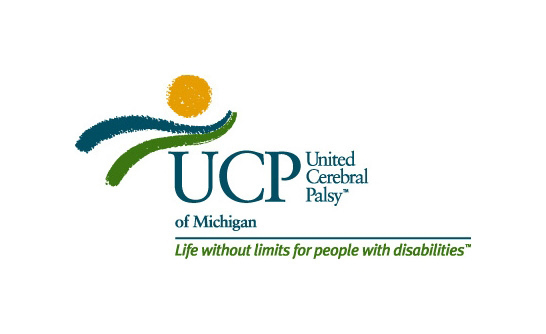Update
We've been holding our first class. Participants include staff from our organizations and some brave volunteers from other organizations. We have 10 people participating. 8 are people with disabilities.
Schedule
We scheduled 4 classes April - May. The first and the 4th for 4 hours, the others for 2. Here's the schedule we started the class with:
Before Class:
- Prepare draft script.
We sent out a long instruction email and asked people to read the Digital Story Cookbook (at least the 7 elements) before class. For other groups, we may need to add an hour or two session for this introduction prior to people being able to draft a script.
We also met individually with everyone to load the free software on their machines. This gave us a chance to talk about the project, answer questions and check in on how their draft scripts were progressing.
- Review the 7 elements of digital storytelling
- Story Circle
- Work on Scripts
- Finish script!
- Make appointments for Audio Script with Kathryn or Glenn
- Overview on using and finding photos and music
- Photo Editing Tutorial using Picasa
- Work on editing photos
- Work on finding music
- Finalize music selections
- Finalize images
Day Three: 2.5 Hours (April 24 10 – 2:00)
- Work on Photo Story Videos
- Prepare script for captioning.
- Captioning Tutorial Overstream.com
- Next Steps
Location and equipment
We found a free location at the Michigan Commission on Disability Concerns offices. The room was great with outlets in the middle of the floor and tables we could rearrange easily. They had wireless internet available too! The room didn't have window so it did get stuffy. We had to close the door as office cubicles were located just outside.
We brought our laptops and a projector. On day two, we each brought a scanner. In hindsight, we think we need to have people who want to scan photos come early, as this took a lot of our time and others in the class also needed some help and encouragement. We also had a digital camera available, though no one needed this.
One person borrowed a laptop from UCP Michigan. Everyone else had laptops they could use. Everyone had wireless. We did have one computer station with Internet available, but no one needed to use it.
Use of Free Software
We decided to use the following free software: Photo Story 3, Picasa, and Audacity. For captions, we didn't know at the start what we'd be using. See below for more information.
Narration and Individual Help
We are doing the narration/voice recording individually. Some people are recording their voice directly into photo story, others are using audacity. If they used audacity, they had to mix their music, sounds and voice into one file to import into photo story. Since this is a bit more complicated, mostly the people who are more technically confident are using this method. I found a video tutorial on how to do this and gave people a copy.
We need more microphones though. People wanted to be able to edit after the individual sessions. I found some at home we'd gotten over the years to use with a voice input program. They had headphones and a microphone attached and were optimized for voice recording. I've given all of these out to class members now. I'd like to be able to buy some for the organization to have for this project.
As we've met with people individually for the voice recordings, we've been providing help on other aspects of their stories too. The time in class is shorter than the 3 days we had with the Center for Digital Storytelling so there isn't much time in group for individual assistance.
Captions
We've now decided to use overstream.net and Google Video. Google video has a button to toggle for captions. But you have to upload a caption file. In overstream, the recently added a feature that allows you to export your caption file. So people can take this extra step or just point people to oversteam.net to view the captions.
The advantage of saving the caption file to your computer is being able to show the video with captions from your computer instead of having to connect to the web. I still have to learn how to do this, but know it's possible. For now, people may just have to access the web to show their videos with captions.
We may explore the Magpie/subtitle workshop route in the future.
Modifications to the schedule.
We realized late into this process that the last day's schedule was way too much and we probably need to schedule another day. I'll post soon how this went. I've polled the class and many want more time. Glenn and I are both so busy with our other work, as are the people in class, so scheduling will be difficult. We hope to view near done or finished prior to captions video stories in tomorrows class.
I have some work to do to get ready!



No comments:
Post a Comment